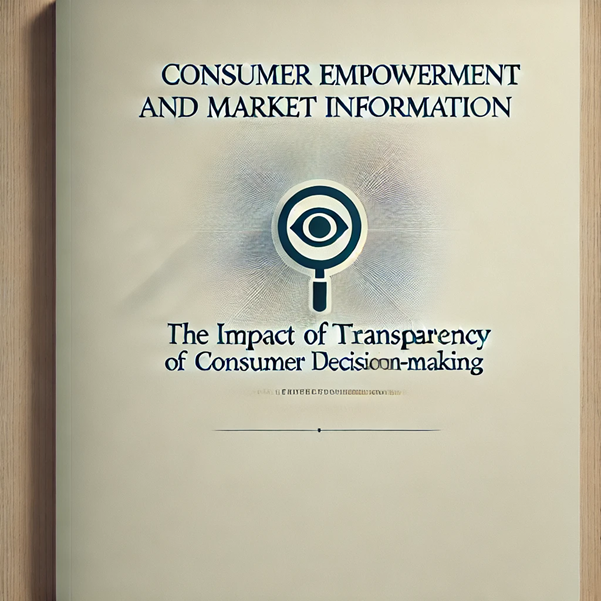By Adv Siddharth Narang, Partner Agreya Legal
In today’s rapidly evolving market landscape, consumer empowerment has become a significant topic of discussion. As consumers, we wield more power than ever before to make informed decisions and shape the market through our purchasing choices. Market transparency plays a crucial role in empowering consumers and aiding their decision-making process.
Market transparency refers to the availability of relevant and accurate information about products, prices, and market conditions. It ensures that consumers have access to all the necessary information required to make informed decisions.
Now more than ever, with consumer choices being diverse and vast, market transparency becomes even more crucial to empower consumers and enable them to make well-informed choices. One of the primary benefits of market transparency is that it enhances competition. When consumers have access to comprehensive market information, it helps them compare the offerings of different sellers, including their pricing strategies and the quality of products and services.
This increased competition compels businesses to improve their offerings and provide better value to consumers. As a result, consumers have a wider range of choices and can select products and services that align with their preferences and requirements. Moreover, market transparency acts as a safeguard against deceptive practices. It enables consumers to identify and avoid fraudulent or misleading claims made by businesses.
In today’s world where fraudulent marketing practices are not uncommon, market transparency plays a crucial role in protecting consumers’ interests. By being aware of market dynamics, consumer rights, and product information, individuals can make well-informed decisions and protect themselves from potential scams or unfair practices.
Market transparency also assists in promoting consumer trust and confidence. When consumers have access to accurate and reliable market information, they feel more confident in their decision-making process. This trust enhances the overall consumer experience and encourages repeat purchases, ultimately benefiting both consumers and businesses. In this era where trust is crucial in building long-term relationships between consumers and sellers, market transparency becomes a vital factor in fostering trust and loyalty.
Furthermore, market transparency fosters innovation and encourages market efficiency. When consumers are aware of the latest advancements, trends, and market dynamics, it creates a demand for innovative products and services. Businesses, in turn, are incentivized to invest in research and development to meet these demands. This cycle of innovation and market efficiency benefits both consumers and businesses, driving economic growth and development.
In conclusion, market transparency plays a pivotal role in empowering consumers and shaping market dynamics, ultimately leading to better decision-making, enhanced competition, and overall economic growth.

